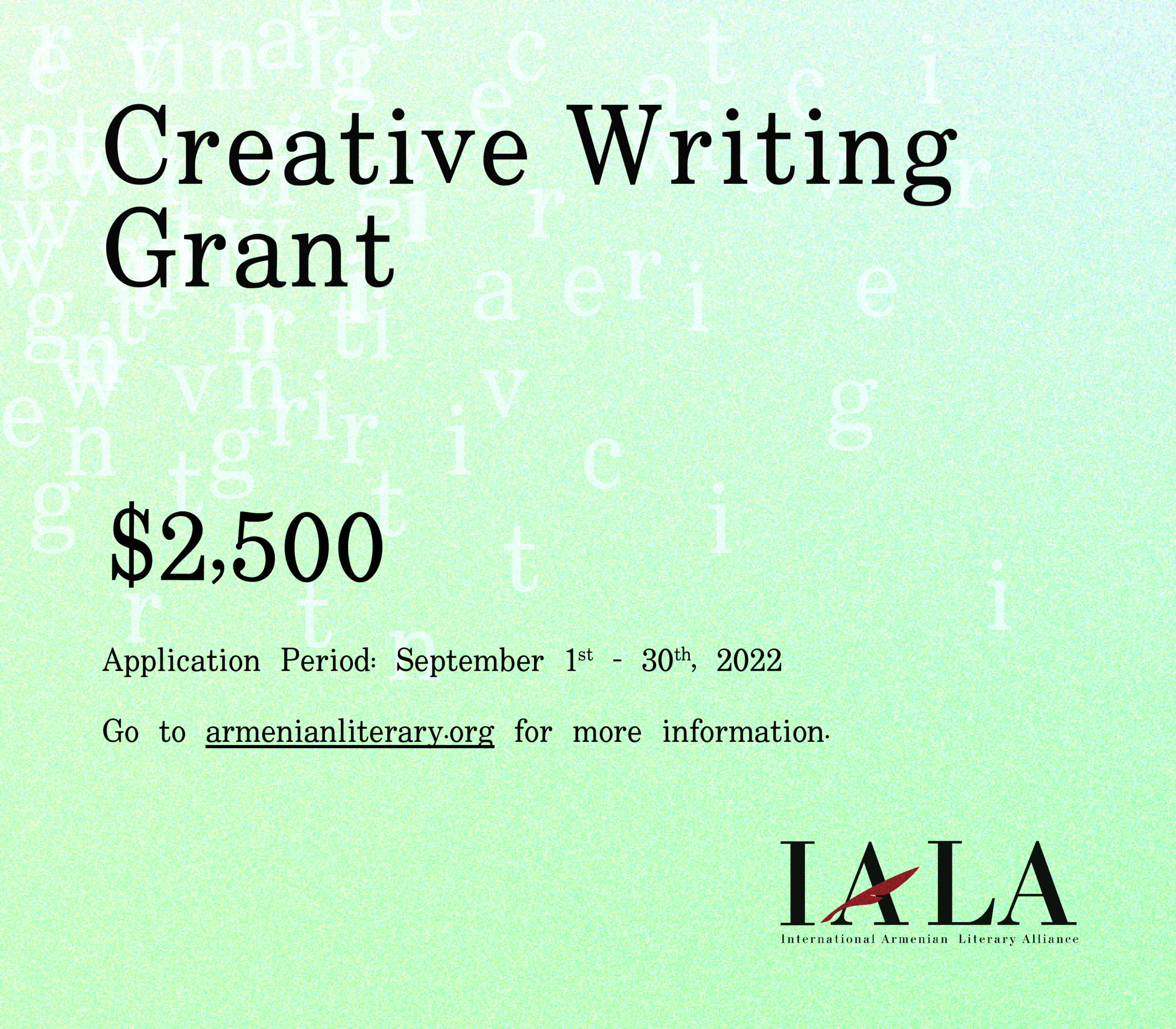Yoko Tawada has lived in Germany for decades and writes in both Japanese and German, including writing German and Japanese versions of the same manuscript, so it’s no surprise that language, linguistics and cultural shorthand all feature in Scattered All Over the Earth (Granta, £12.99).
At the centre of the book is a young woman whose country has disappeared; with no one left to talk to, she adopts an invented language. Following a TV appearance, she attracts a young linguist and from there they join with a group of oddballs, ostensibly to track down a sushi chef in Oslo for complicated reasons linked to Karl Marx and an Umami festival. At one stage, even the characters start wondering what’s going on: “Tell me again why you’re all travelling together,” asks Nanook, the sushi chef who turns out to be from Greenland.
For all the Wizard of Oz-ness of this unlikely mission, it’s good fun, and clever too. Though the story is somewhat plotless, it’s not pointless. By stretching the story’s plausibility, Tawada creates openings to play with notions of culture and identity, subjects often treated with leaden seriousness by other writers. The translator, Margaret Mitsutani, gets the tone just right, sounding subtle notes of humour throughout this odd but delightful novel.
Sayaka Murata was introduced to Anglophone readers by the charm of Convenience Store Woman, followed by the cannibalistic gore-fest of Earthlings. This was quite a one-two, which left readers wondering what to expect next. The theme common to both books is her idiosyncratic challenge to society’s conventions, and this continues in her new story collection, Life Ceremony (Granta, £12.99).
In the title story, a family discuss how best to eat a loved one after death; in A Fine Material, the topic is the aesthetic appeal of fashion or furniture made from human body parts. The grotesqueness in the stories is offset by the cool tone of the prose in Ginny Tapley Takemori’s excellent translation – the stranger the detail, the more downplayed it is.
The best stories in this are very good; however, the collection as a whole feels underpowered. The stories rely heavily on having an unusual – some would say extreme – premise; once the reader becomes attuned to that, the effect wanes. Perhaps these are best appreciated individually by dipping in, rather than reading cover-to-cover.
Long delays in translation sometimes lead to unexpected resonances as a text speaks to itself across time. Cigarette (Nordisk Books, £10.99) by Per Hagman was published in Swedish in 1991 as the first instalment of a trilogy. It’s set in 1989 and is about a young man’s debauchery involving cocaine, drinking, nightclubs and casual sex.
It has the feel of a novel that, at the time, must have zinged with currency but which now feels more like a time capsule. The answering machines, MTV videos, the guitar gods of Hair Metal music are all signifiers of what the future used to look like. But it’s also a reminder of what doesn’t change. The young male novel is a rarer beast these days, but these experiences are still recognisable across generations. Elinor Fahrman’s translation is particularly good at keeping the dialogue authentic to the time without it feeling dated. The characters are not especially likeable, but they are more callow than shallow: the book hints at their growing awareness that the hangover of adulthood is approaching.
This novel feels like a promising opening, so it will be interesting to follow the next instalments of the trilogy.
Open-hearted
In Tasting Sunlight (£9.99, Orenda Books) by German writer Ewald Arenz, teenager Sally is on the run from a clinic where she is being treated for anorexia. Angry, and with a history of self-harming, she arrives at the remote farm run by Liss, a stoutly independent woman of few words. This taciturnity is not just a question of temperament: there are hints of a deeper backstory.
Despite intermittent miscommunication, their relationship deepens through a series of chapters where Liss shares with Sally the skills of farm life – from pressing pears, to removing mites from bees – all explained in thoroughgoing detail.
The book goes all-in on the idea of a shared sense of wonder as a binding and healing force in relationships. Though set up as troubled people, Liss and Sally are not especially complex characters – they are largely blameless in their shortcomings and despite their past secrets, they remain knowable throughout.
The prose in Rachel Ward’s translation is poetic in places and, as the title suggests, highly sensory. Though it strays into sentimentality at times, this is a genuinely hopeful and open-hearted novel.
The Blunder (Amazon Crossing, €7.99), by Cameroonian writer Mutt-Lon, is based on real events in French Cameroon where a programme to eradicate sleeping sickness began in 1929 under Dr Eugène Jamot – there is still a monument commemorating him in Yaounde. Without his authorisation, one of his team increased the dosage given to the local population, causing over 700 people to go blind – this is the “blunder” of the title to this English translation by Amy B Reid.
The novel revisits that incident through the eyes of a naive white saviour, Dr Damienne Bourdin, who becomes involved in the fallout between local tribes and the colonial medical teams.
As the notes from the author explain, he deliberately wanted us to see the situation from Bourdin’s perspective, which is full of patronising racial stereotypes. This places Bourdin at the centre of a conventional quest narrative, as she traverses the dense forest with her pygmy guide and becomes involved in a sequence of dramatic narrow escapes. As a result, the perpetrators and victims of the sleeping sickness scandal become background figures. There is satirical intent here, but overall it felt like there was a deeper and more important story that got pushed aside.
Graft (Sinoist, £14.99), by Chinese writer Li Peifu, centres on the life an ageing wheat expert, whose innovative research has earned him a prominent position in the bureaucracy. From a peasant background, he is endearingly unpretentious, though this also makes him uncomfortable with the obsequious reverence he is often shown.
The first half is a vivid portrait of a peasant life outgrown and the relationship dramas that come with acquiring social status. The story shifts significantly midway with the introduction of another key character: a hard-nosed police officer with a reputation for breaking even the most recalcitrant criminal. He is a familiar cop type: taciturn and troubled. With his storyline, the book expands into a wider narrative about corruption and the difficult journey being made by Chinese society itself as it modernises.
There is an assured storytelling touch throughout, with the multiple strands and digressions braided together cleverly. Though the book’s richness is sometimes at the expense of its focus, there is a real clarity to James Trapp’s translation so that the detail never feels overwhelming.
Perhaps what I found most impressive about Graft was Li Peifu’s preparedness to attempt – and his success in accomplishing – a novel that marries the plight of the individual with that of the wider society, while staying grounded and avoiding anything too grandiose. It’s good to be reminded that, in the hands of a quality writer, novels are still good for that.
Adblock test (Why?)








:quality(70)/cloudfront-eu-central-1.images.arcpublishing.com/irishtimes/B67DTWCGVRPR3RQAQB3ZF4BHOI.jpg)
